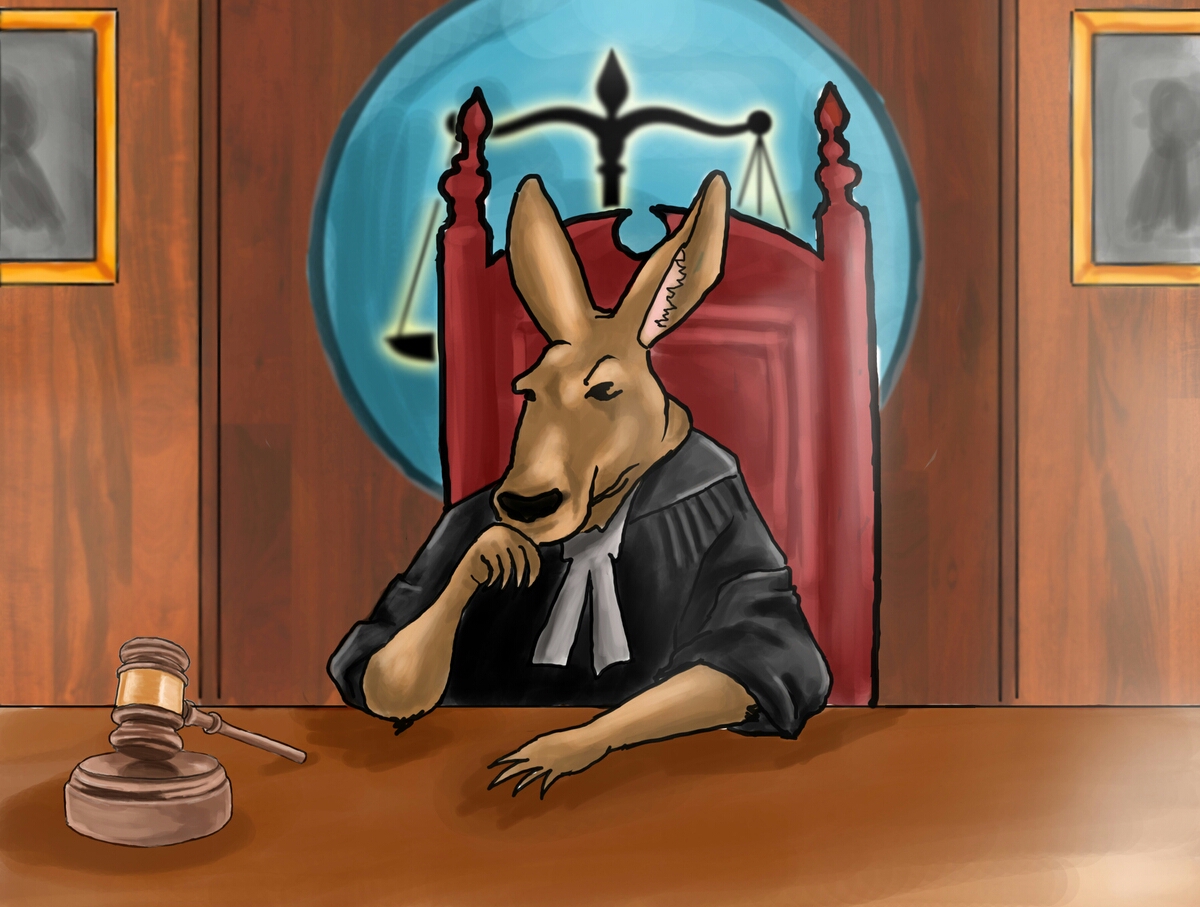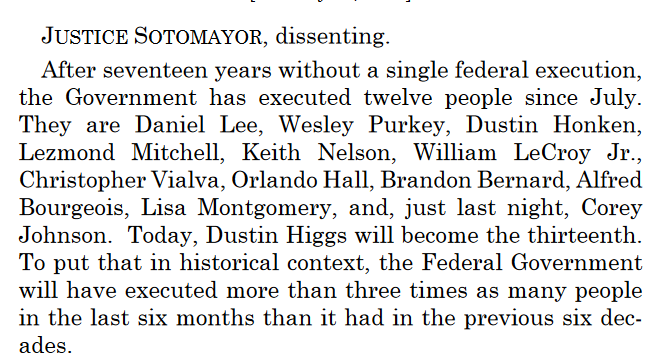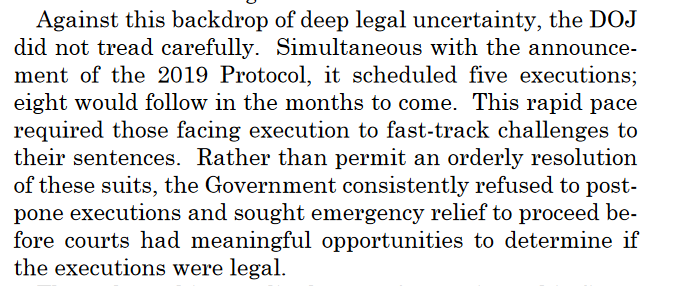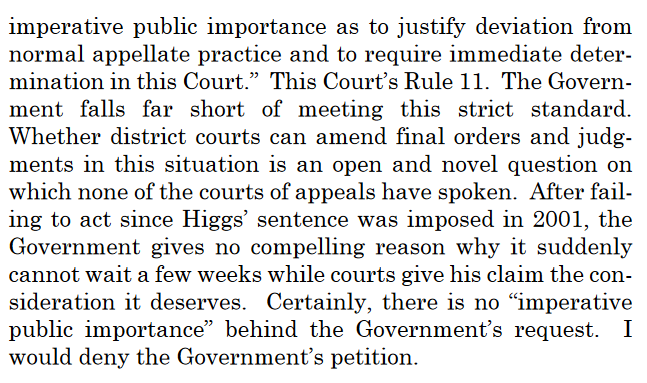Categories Law
7 days
30 days
All time
Recent
Popular
The debate over law and order comes to the forefront yet again. Law and order - both can be maintained with equal zeal. One needs to take precedence over the other. Will that be Order over Law or Law over Order?
In other words, what do governments prefer - looking away the other side when law is broken with impunity in the fear that acting against the offender will lead to large scale rioting on the roads?
Or will the government gear up to uphold the sanctity of law and punish every single one trying to break it? There are many examples. Take the Tablighi Wuhan Wave. Or Bangalore Riots. Or the destruction of Temples in Andhra.
Now, if the perpetrators are punished, there is going to be large scale rioting. Pointing out Tablighi Wuhan Wave destroyed many a person in the Gulf when Pakistanis and their minions profiled every Indian and got them arrested for insulting Islam.
No one talks about the post to which the MLA's nephew responded to. Singhu Resort is another. What's stopping the government from clearing the protest site? Is it the same confusion between law and order?
We have watched and waited too long for the government to punish. It never happens and even in some cases it does it lakes too long,and many more crimes are done in the meantime. Quick justice like this is the best way out.
— Ratna murlidharan (@Ratnamurlidhar2) January 2, 2021
In other words, what do governments prefer - looking away the other side when law is broken with impunity in the fear that acting against the offender will lead to large scale rioting on the roads?
Or will the government gear up to uphold the sanctity of law and punish every single one trying to break it? There are many examples. Take the Tablighi Wuhan Wave. Or Bangalore Riots. Or the destruction of Temples in Andhra.
Now, if the perpetrators are punished, there is going to be large scale rioting. Pointing out Tablighi Wuhan Wave destroyed many a person in the Gulf when Pakistanis and their minions profiled every Indian and got them arrested for insulting Islam.
No one talks about the post to which the MLA's nephew responded to. Singhu Resort is another. What's stopping the government from clearing the protest site? Is it the same confusion between law and order?
Hot take: Courts might be able to review the legality of this impeachment, even under current political-question doctrine. Here’s why and how the issue might arise:
Suppose Senate convicts and disqualifies Trump from ever holding federal office. Trump files paperwork to run anyway, but state officials deny his application, citing his Senate impeachment judgment. Trump sues, arguing that the judgment is void.
Normally a legal dispute about a prospective candidates eligibility to run would certainly present a justiciable case or controversy. But are courts bound to accept the Senate impeachment judgment as valid? Maybe not. Here’s why:
According to Article I, “The Senate shall have the sole Power to try all Impeachments.” This is a small amount of judicial power vested in Congress. When trying impeachments, the Senate sits as a court.
The Senate’s judicial power includes the power to decide relevant legal questions that arise, such as what procedures are sufficient to constitute a “trial” w/in the Constitution’s meaning. Such legal determinations are conclusive, as SCOTUS held in Nixon v. United States (1993).
Honest Q: Some people argue in good faith that an impeachment trial after POTUS leaves office is unconstitutional. I think they\u2019re wrong. But let\u2019s say they\u2019re right, yet senate does it anyway. Does anyone seriously think SCOTUS reverses verdict (or even can)?
— Jonah Goldberg (@JonahDispatch) January 17, 2021
Suppose Senate convicts and disqualifies Trump from ever holding federal office. Trump files paperwork to run anyway, but state officials deny his application, citing his Senate impeachment judgment. Trump sues, arguing that the judgment is void.
Normally a legal dispute about a prospective candidates eligibility to run would certainly present a justiciable case or controversy. But are courts bound to accept the Senate impeachment judgment as valid? Maybe not. Here’s why:
According to Article I, “The Senate shall have the sole Power to try all Impeachments.” This is a small amount of judicial power vested in Congress. When trying impeachments, the Senate sits as a court.
The Senate’s judicial power includes the power to decide relevant legal questions that arise, such as what procedures are sufficient to constitute a “trial” w/in the Constitution’s meaning. Such legal determinations are conclusive, as SCOTUS held in Nixon v. United States (1993).


































